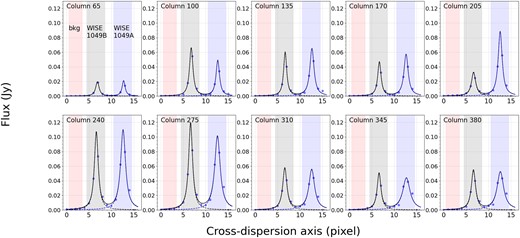2024-07-15 韓国基礎科学研究院(IBS)
<関連情報>
- https://www.ibs.re.kr/cop/bbs/BBSMSTR_000000000738/selectBoardArticle.do
- https://journals.aps.org/prl/abstract/10.1103/PhysRevLett.132.260401
深いカオス領域で量子平均値を計算する Computing Quantum Mean Values in the Deep Chaotic Regime
Gabriel M. Lando, Olivier Giraud, and Denis Ullmo
Physical Review Letters Published 26 June 2024
DOI:https://doi.org/10.1103/PhysRevLett.132.260401
Abstract
We study the time evolution of mean values of quantum operators in a regime plagued by two difficulties: the smallness of ℏ and the presence of strong and ubiquitous classical chaos. While numerics become too computationally expensive for purely quantum calculations as ℏ→0, methods that take advantage of the smallness of ℏ—that is, semiclassical methods—suffer from both conceptual and practical difficulties in the deep chaotic regime. We implement an approach which addresses these conceptual problems, leading to a deeper understanding of the origin of the interference contributions to the operator’s mean value. We show that in the deep chaotic regime our approach is capable of unprecedented accuracy, while a standard semiclassical method (the Herman-Kluk propagator) produces only numerical noise. Our work paves the way to the development and employment of more efficient and accurate methods for quantum simulations of systems with strongly chaotic classical limits.



